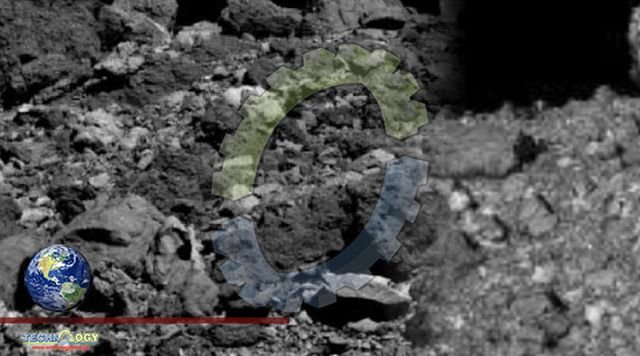This mosaic of asteroid Bennu was created using observations made by NASA’s OSIRIS-REx spacecraft that was in close proximity to the asteroid for over two years

NASA Finds Some Asteroids Aged Early by Sun The scientists from NASA OSIRIS-REx mission discovered that surface regeneration occurs on asteroids far more quickly than on Earth. By analyzing high-resolution images of rock fractures on asteroid Bennu taken by the OSIRIS-REx spacecraft, the researchers discovered that the Sun’s heat fractures rocks on Bennu in only 10,000 to 100,000 years. With the use of this knowledge, scientists will be able to better predict the time it takes boulders on asteroids like Bennu to fragment into smaller pieces, some of which may eject into space while others may remain on the asteroid’s surface. Although tens of thousands of years might sound pretty slow, “we thought surface regeneration on asteroids took a few millions of years,” said Marco Delbo, senior scientist at Université Côte d’Azur, CNRS, Observatoire de la Côte d’Azur, Laboratoire Lagrange, Nice, France, and lead author of a paper published in June 2022 in the journal Nature Geoscience. “We were surprised to learn that the aging and weathering process on asteroids happens so quickly, geologically speaking.”
Although landslides, volcanoes, and earthquakes may abruptly alter the Earth’s surface, most changes occur gradually. Over millions of years, water, wind, and temperature changes slowly erode rock to create new surfaces. For instance, if you hiked into the Grand Canyon, you would see distinct rock layers; the top layers tend to be the youngest rocks, dating around 270 million years old, and the layers at the bottom of the canyon are the oldest, about 1.8 billion years old. The Colorado River has been chiseling away at rocks in the Grand Canyon for 5 million to 6 million years, according to the U.S. National Park Service. Rapid temperature changes on asteroid Bennu create internal stress that fractures and breaks down rocks, comparable to how a cold glass breaks under hot water. On Bennu, the Sun rises every 4.3 hours. At the equator, daytime highs can reach almost 260°F (about 127°C), and nighttime lows plummet to nearly minus 10°F (about minus 23°C).
Source: This news is originally published by scitechdaily